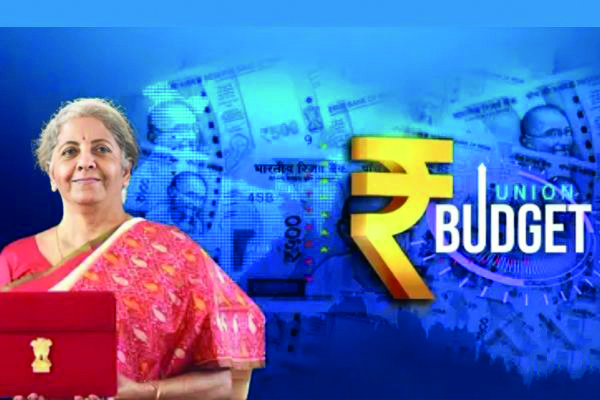Khushroo B. Panthaky is a Chartered Accountant and a Senior Partner with 41 years of professional experience in an Accounting and Audit firm.
Budget 2024 laid the foundation for streamlining the intricate Income tax provisions and curtailing tax disputes. The Finance Minister also announced a comprehensive review of the existing Income Tax Act with an aim to make it concise and lucid. After the proposed timeline (of 6 months) for undertaking a comprehensive review and slating detailed discussions with stakeholders, the Union Government is now preparing to present Budget 2025 in the upcoming month. With this, individual taxpayers are also anticipating major reforms which could rationalize tax rates and ease the convoluted provisions.
Reduce Tax Rates And Revise Basic Exemption Limit
In the interest of working class, which is salaried and low-income earning individuals, it is anticipated that the government provides major tax relief by reducing tax rates under the default regime / new tax regime. It is also expected that the basic exemption limit under the new tax regime be increased from INR 3 lakhs to INR 5 lakhs.
Increase Standard Deduction
While the limit for standard deduction has been increased from INR 50,000 to INR 75,000 in Budget 2024, under the new tax regime, it is expected that the limit be further enhanced to provide relief to the salaried class, which is now devoid of any benefit (other than NPS).
Deduction For Interest On Housing Loan
Currently, deduction on interest on Housing Loan as regards self-occupied property is not available under the new tax regime. It is anticipated that such deduction be available as it would boost growth in the real estate sector and enable home ownerships. This could leave individual taxpayers with higher disposable income which can be utilized for various socio-economic factors, thereby enabling and stimulating the demand for goods and services.
REFORMS IN CAPITAL GAIN PROVISIONS
Securities Transaction Tax: As the tax on sale of securities is considered at par with other assets, it is highly anticipated that the Securities Transaction Tax (STT) be now abolished.
Long Term Capital Gains On Listed Shares/ Equity Oriented Mutual Funds: At present, long term capital gains tax is applicable to gains exceeding Rs 1.25 lakh from the sale of listed shares and equity mutual funds. It is expected that this threshold be increased to provide incentive to the taxpayers and enhance the long-term investment in such assets.
Abolish Tax On Dividends
Under the erstwhile tax law, when dividends were paid by the companies, Dividend Distribution Tax (DDT) @ 15% was levied (before surcharge and cess) and such dividend was exempt in the hands of investors. However, post 1st April, 2017, dividend above Rs.10 lakhs was taxed at 10% (before surcharge and cess) for investors. Thereafter, DDT was abolished in Budget 2020 and the incidence of tax was shifted on the investors. As such, dividends are now taxed as per the prevailing slab rates, which could result in a tax outflow of 35.88% on dividend income. Given that the dividends are post-tax “distribution”, it should have not been taxed in the hands of investors, as it leads to double taxation. Alternatively, the threshold of INR 10 lakhs could be reinstated, at the least, to provide a higher disposable income in the hands of taxpayers, which fuels higher economic growth.
Streamlining Tax Deducted At Source (Tds) Provisions
Presently, there are over 30 sections of TDS with different rates, depending upon the category of deductor / deductee and the nature of payment. Certain sections also concern individual taxpayers (majorly when sales, gross receipts, turnover exceed prescribed threshold). While the government has initiated its objective to simplify tax laws and brought in amendments in the TDS rate structure through Budget 2024, more amendments are awaited. It is expected that the government could do away with complex TDS structure and lay down only a few broad TDS categories with streamlined / revised threshold limits and rates.
As the government gears up to announce the Union Budget 2025 next week, citizens are filled with hopes and expectations. With a comprehensive review of the existing Income Tax Act on the cards, the upcoming Budget holds the potential of significant changes that could simplify and rationalize tax rates, making it fairer for individuals.
- કેવો સુંદર જવાબ! - 29 March2025
- પારસી સન્નારીઓ તેમના જાદુઈ સ્પર્શ સાથે બની સુરત મેરિયોટ અથવા લાઇન્સના રસોડાની રાણીઓ - 29 March2025
- મોબેદ મેહરાબાન ફિરોઝગરીનું અવસાન - 29 March2025
